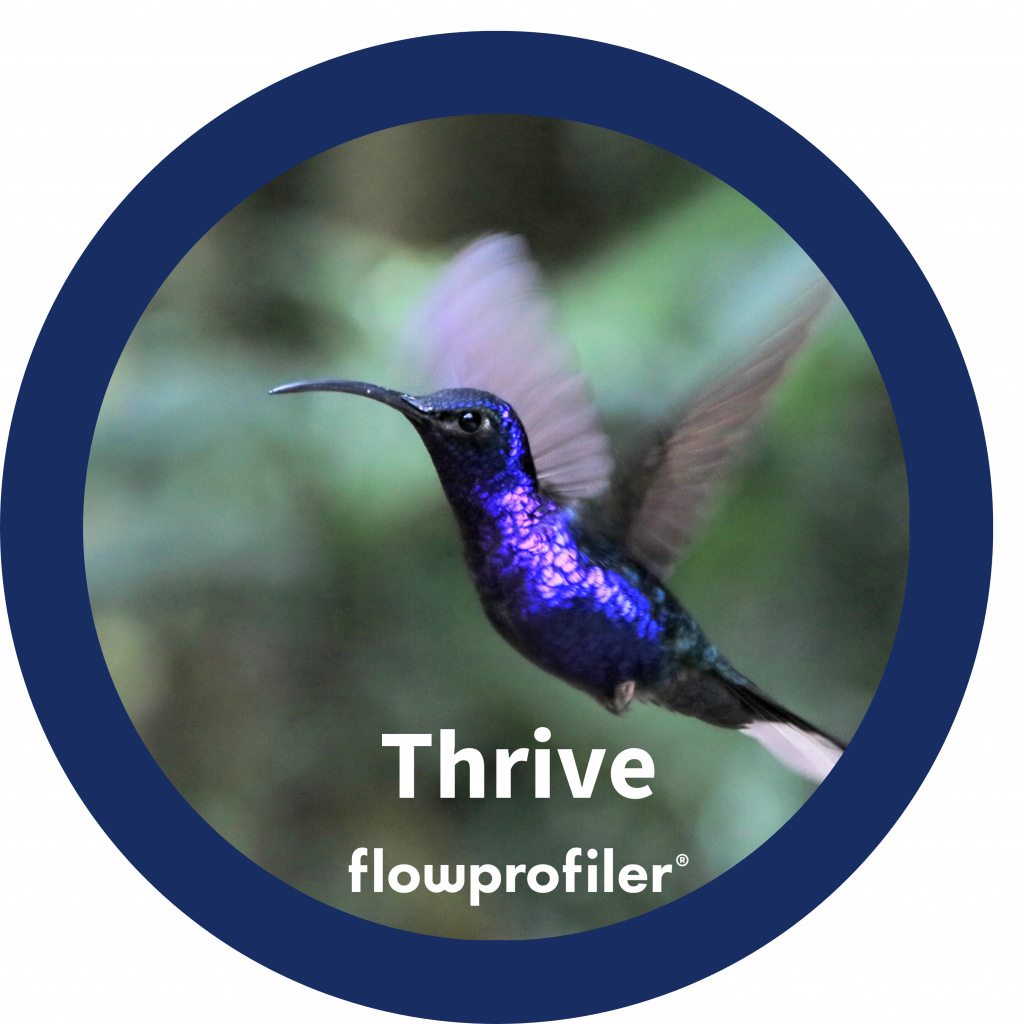As we observe Mental Health Awareness Month, it’s crucial to reflect not only on our mental health but also on how we harness our professional skills. In the realm of emotional intelligence, motivation, and resilience, we often discuss the importance of maximising our strengths. However, it’s equally important to recognise when our best qualities might be pushing us too far. In this blog, we explore the subtle signs that you might be overusing your power skills at work.
only on our mental health but also on how we harness our professional skills. In the realm of emotional intelligence, motivation, and resilience, we often discuss the importance of maximising our strengths. However, it’s equally important to recognise when our best qualities might be pushing us too far. In this blog, we explore the subtle signs that you might be overusing your power skills at work.
Understanding Power Skills
Power skills such as emotional intelligence, motivation, engagement drivers, and resilience are essential for thriving in any professional environment. These include competencies like emotional regulation, empathy (regard for others), self-esteem, well-being, self-confidence, social awareness, optimism, adaptability and perseverance. These skills help us navigate complex interpersonal dynamics and stressful situations, promoting a flow state for optimal performance.
Signs You Are Overusing Your Power Skills
- Constant ExhaustionEven if you love your job and excel in it, feeling continuously drained can be a sign of overuse. It might mean that you’re emotionally overextended, trying too hard to manage both your and others’ emotions.
- Decreased Job SatisfactionWhen your drive to engage and motivate turns into a relentless pursuit, it can lead to burnout. If your job starts to feel less fulfilling despite all your efforts, it may be time to reassess your engagement strategies.
- Frustration with OthersHigh regard for others is a core aspect of emotional intelligence. However, if you find yourself frequently frustrated because others do not meet your expectations of emotional understanding or resilience, this may indicate an over-reliance on your ability to compensate for team deficiencies.
- Neglecting Personal NeedsStrong self-regulation and resilience can sometimes lead you to ignore your own needs. If you’re constantly setting aside personal time for work or consistently overriding your feelings for the sake of job performance, these are clear signs of overuse.
- Impaired RelationshipsBeing highly motivated and driven can strain relationships, especially if you constantly push others to match your intensity. When personal and professional relationships begin to suffer, it’s crucial to evaluate the balance of your drive and empathy.
Managing Overuse
- Set Clear Boundaries: Learn to say no and delegate tasks. Recognising that you don’t have to engage deeply in every situation can preserve your energy.
- Practice Self-Care: Prioritising your well-being is vital. Engage in
 activities that recharge your batteries, like meditation, exercise, or hobbies.
activities that recharge your batteries, like meditation, exercise, or hobbies. - Seek Feedback: Sometimes, we are not the best judges of our behaviour. Regular feedback from colleagues can provide insights into how your intensity might be perceived.
- Use flowprofiler®: Assessments such as flowprofiler® can provide objective measurement of your performance and provide you with a direction in order you use your super powers in a healthy way.
Balancing the use of your power skills is essential for maintaining not only professional success but also personal happiness and well-being. This Mental Health Awareness Month, take a moment to reflect on how you use your emotional intelligence and resilience.
Remember, the goal is to thrive, not just survive!
Reach our to use hellow@flowprofiler.com and ask us how we can help.




